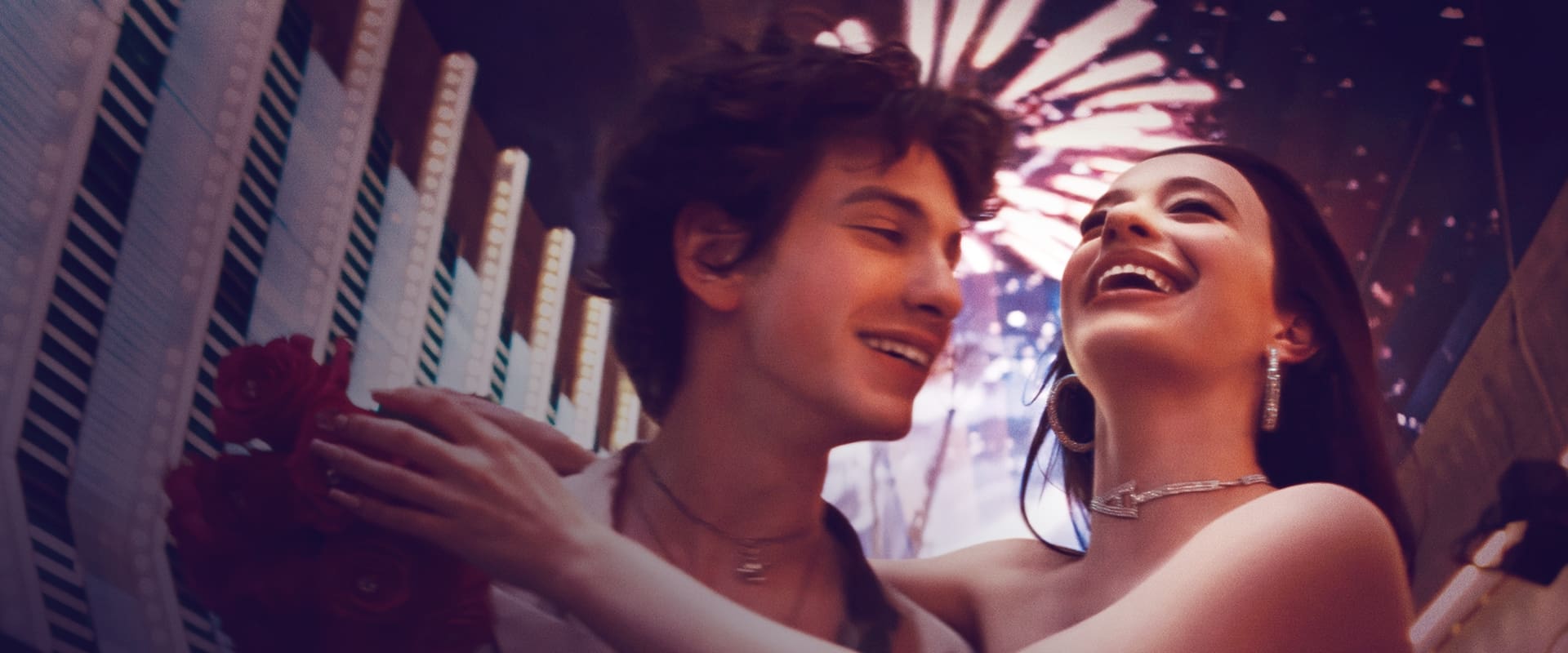There are movies made for adults, and then there are movies that confuse “adult” with “adolescent in a wet-dream stupor.” Anora, Sean Baker’s latest stumble masquerading as a comedy-drama, is a film with all of its clothes off and nothing to show but skin. The only thing less substantial than the threadbare plot is the flimsily clad pretense that we ought to care about this endless, joyless parade of nudity and nonsense.
Let’s get the peep show over with: Anora is, above all else, a sexy movie (and not in the sense of possessing any real erotic heat, but in the way dim-lit club scenes and writhing bodies saturate the first hour until you start to crave a cold shower—or just wish for a plot to sober you up). The heroine—Mikey Madison’s Ani—gets swept off her platform heels by Vanya, the thumb-sucking offspring of a vodka-flush Russian oligarch, and whisks us, unwillingly, from one sleazy extravaganza to the next. This is what happens when a guilty pleasure forgets to bring the pleasure and tries to act like it’s making a social statement.
The opening gambit of Baker’s premise—young stripper meets young money—could have been the start of something tart and electric, a barbed valentine to materialism and the cracked dreams of Brighton Beach. Instead, only Ani crackles. Madison is an oasis of feeling in this wasteland; she pops and fizzles with flashes of genuine vulnerability, comedic timing, and the only thing approaching human warmth in the entire three-ring circus. She seems, at times, to be acting for the movie, rather than in it—a performer who, in a better film, might have become someone you actually root for.
But elsewhere? Vanya, as played by Mark Eydelshteyn, is an empty suit with gold cards—one dimensional where you want complication, smirking where you want some storm below the surface. It’s as if Baker decided the story didn’t need a heart because everyone would be too busy ogling the window dressing: an endless masquerade of henchmen, migrants, and party girls who could be plucked from a bottom-shelf casting directory labeled “generic sleaze.” Yet even the sleaze grows monotonous when you’ve seen it for the tenth time in a row, with nothing new to the choreography except the angles of disconnection.
There was a time when Sean Baker could shoot the washed-out edges of America’s dream and find poetry in the cheap motels and strip malls. But Anora is the worst kind of misstep—a sensual smokescreen meant to distract from the absence of ideas. When the camera finally lingers long enough for supposed tension—the scurrying for a lost husband, outrunning a cold-hearted matriarch’s lawyers—it fizzles before it catches. You’re left asking whether you’ve wandered, by mistake, into an after-hours club that promised existential profundity but delivered only bad lighting and spilled drinks.
As for the script: it sounds, at best, like it was assembled from outtakes of off-color improv nights—the dialogue leans so hard on coarse jokes and shallow banter that any whiff of genuine feeling is suffocated. Scenes that might have, in a parallel universe, offered something close to emotional honesty barely bother to fake it here.
Supposedly, Baker wants us to meditate on love, betrayal, and societal expectation. But all I saw was the half-hearted shadow of a message, drowned out by the din of EDM and the glazed look of actors searching for a point. There’s a suggestion—only a suggestion—of Anora’s struggle with objectification, but every attempt at gravitas is stamped flat by the crush of the next overlong party montage.
Comedy? Drama? The film can’t pick a lane, veering from forced laughs to faux-tragedy with the grace of an Uber driver on a bender. When it comes to tone, Anora is like one of those endless afterparties where nobody knows whether to dance, cry, or just switch off the lights and call it a night.
And if you came to Anora hoping for the soulful storytelling of The Florida Project—Baker’s magnum opus—you’ll leave with nothing but regret and a hangover. There’s a reason Pretty Woman made millions mining similar territory: it remembered to write characters you care about and a story with enough shape to carry you home. Here, you get the shock, the flesh, but never the satisfaction.
If mediocrity had an anthem, Anora would play it on repeat. By the time the last scene sputtered onto the screen, I found myself less entertained than simply exhausted. Mikey Madison deserves a better party—and so do we. Sift through enough late-night cable, and you’ll find guilty pleasures with more to say about love and loneliness. For those who mistake excess for insight, Anora may seem a fairy tale. For the rest of us? It’s just another empty night out, the kind you regret before the morning comes.


